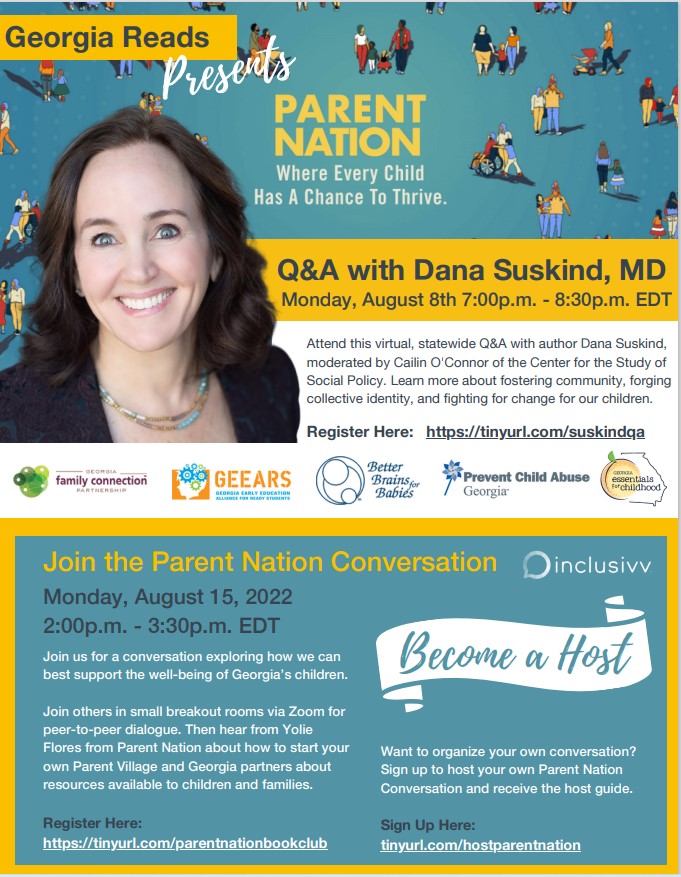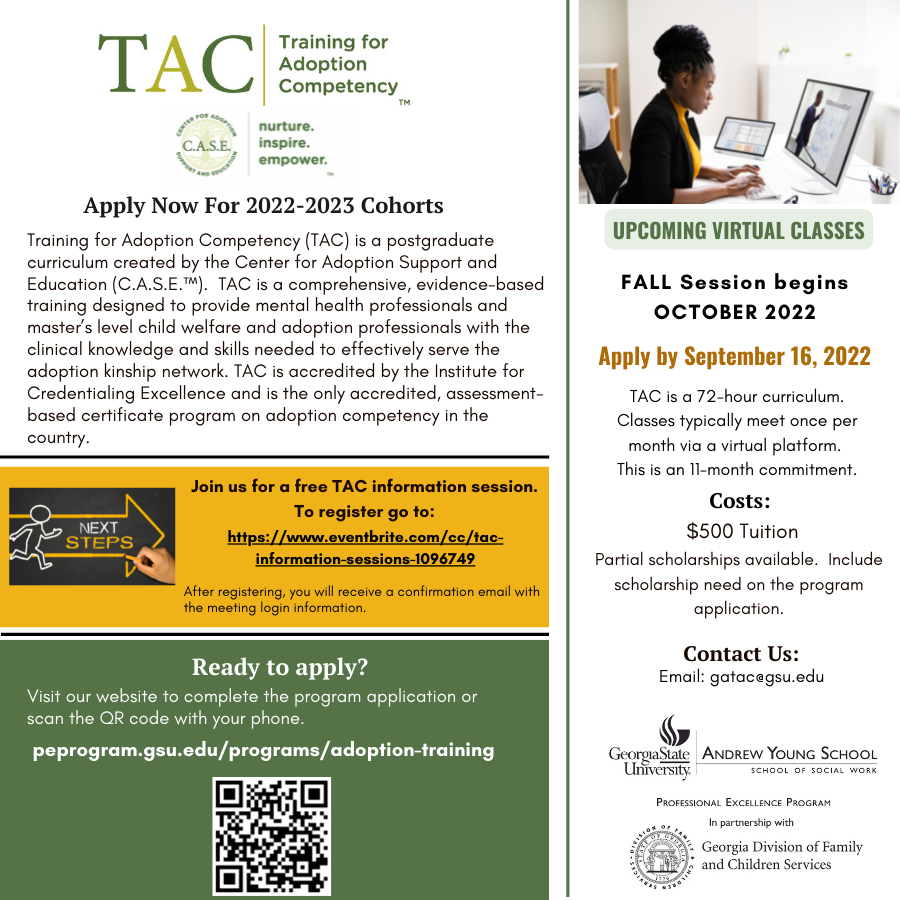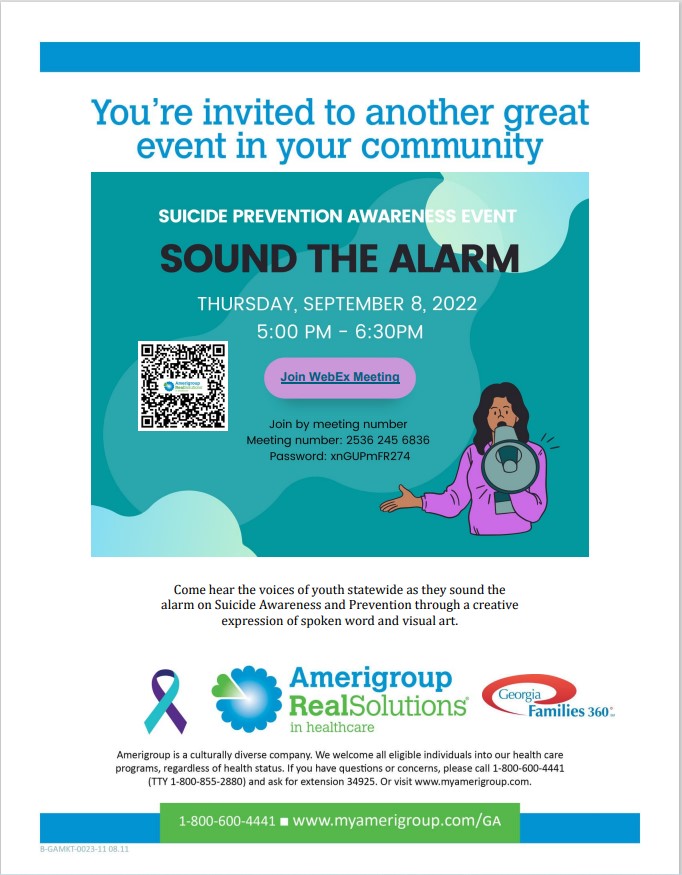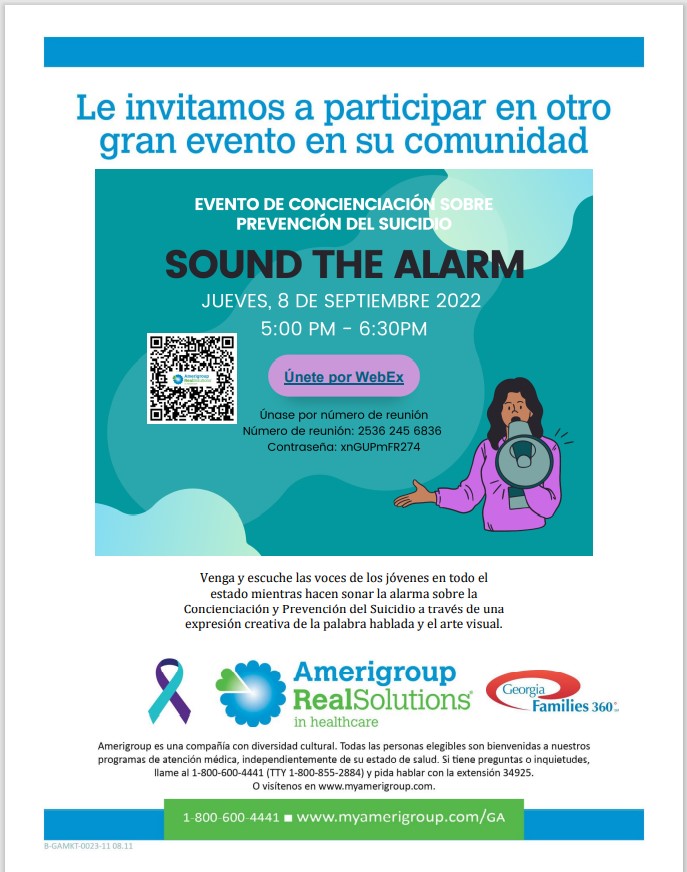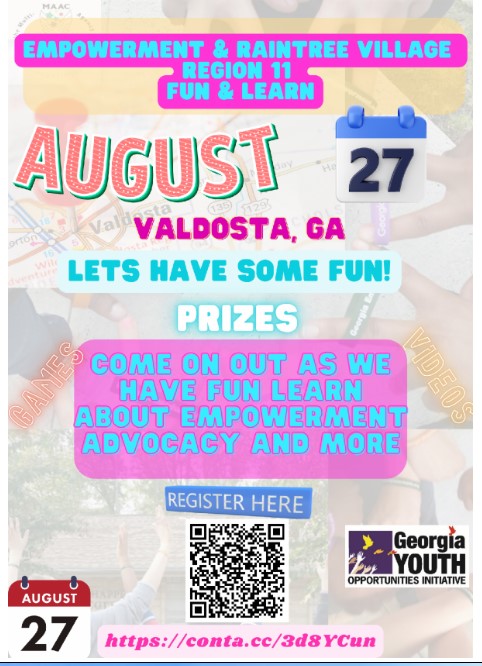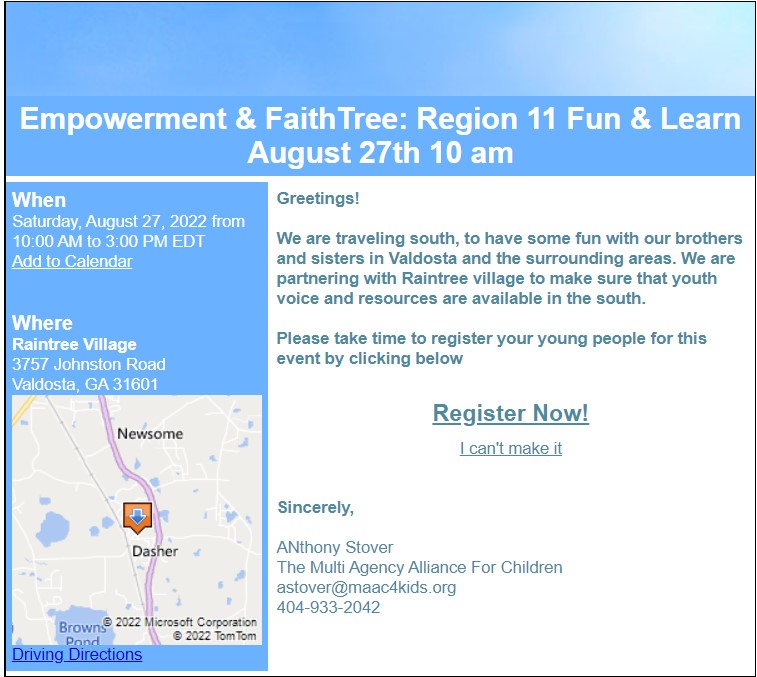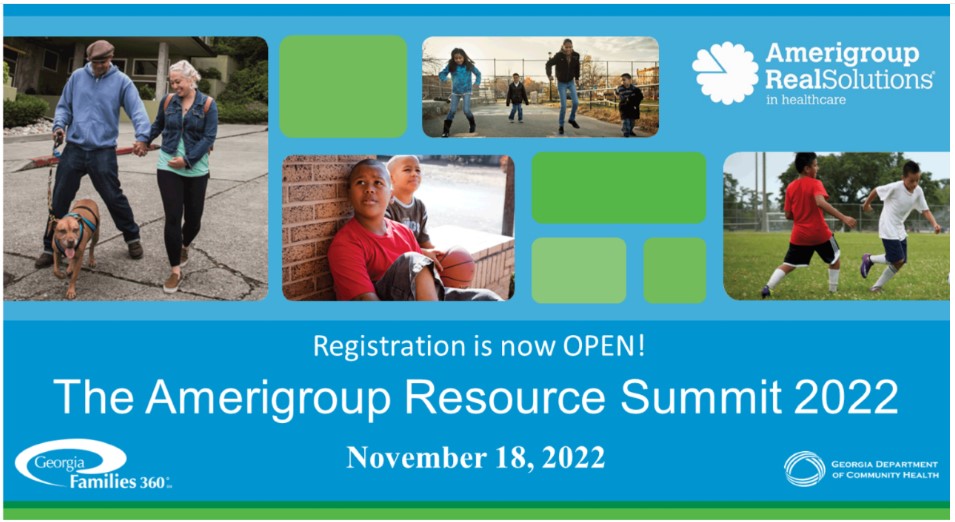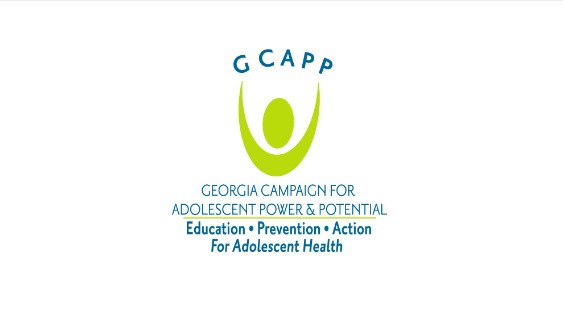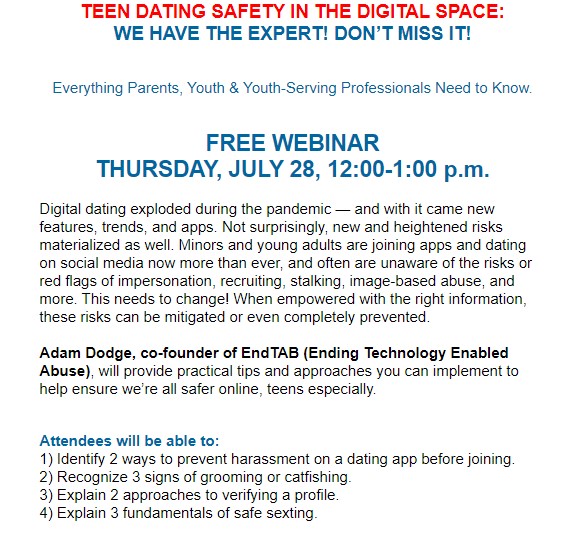Project 10Million Direct to Parent/Guardian Eligibility
T-Mobile is providing free hotspots with 100GCs of mobile data each year for 5 years and access to at-cost laptops and tablets for eligible k-12 students. Enrollment ends August 30, 2024. Please see link below:
https://www.t-mobile.com/support/account/project-10million-direct-to-parent-guardian-eligibility
With Project 10Million, we’re offering help to 10 million eligible households over the next 5 years. With Project 10Million, we’re offering free hotspots with 100GBs of mobile data each year for five years, plus access to at-cost laptops and tablets, to 10 million eligible k-12 students. Enrollment is open through August 30, 2024.
Please note: Since so many people have signed up for Project 10Million, those approved for the program may experience shipping delays of approximately 45-60 days.
Am I eligible?
To qualify for Project 10Million Direct to Parent/Guardian, you’ll need to provide:
- Proof of enrollment in the National School Lunch Program (NSLP) or verify your participation in an eligible assistance program, including:
- Supplemental Nutrition Assistance Program (SNAP)
- Electronic Benefits Transfer (EBT or P-EBT)
- Temporary Assistance for Needy Families (TANF)
- Community Eligibility Provision (CEP)
- Food Distribution Program on Indian Reservations (FDPIR)
- Medicaid
- Head Start, along with foster youth, migrant, homeless, or runaway youth
- Your student’s school, district, and student ID number.
- Basic contact information (name, email, address, etc.).
Program benefits
.Project 10Million’s Direct to Parent/Guardian program provides internet access to eligible families that have a student enrolled in the National School Lunch program. Approved families receive 100GB of mobile data per year for 5 years and a FREE mobile hotspot, plus the opportunity to purchase additional Wi-Fi devices at a low cost.
- New and existing T-Mobile (including Metro by T-Mobile and Assurance and Sprint) as well as Non-T-Mobile customers are eligible to apply.
- Available to residents of the United States and Puerto Rico. Not currently available in the US Virgin Islands.
- One free T-Mobile hotspot device and 100GB/year data line per household, max one per student.
- Data service ends when allotment is reached until the yearly renewal date (additional data passes are available for purchase).
- May purchase up to five select, at-cost Wi-Fi-only tablets and laptops for use with the hotspot device.
Are you a school administrator? Find out how Project 10Million for Schools can help your school district.
Proof of eligibility
To qualify apply for Project 10Million Direct to Parent/Guardian, you’ll need to provideupload: proof of participation in the National School Lunch Program or another eligible assistance program (See Am I eligible? above). You will also be asked to provide the following:
- Your full name, email, and shipping address (sorry, no PO boxes or military addresses)
- Your student’s ID, school name, and district name
- A PIN number and language preference for your account (English or Spanish)
Clear photos or digital copies of documents, cards, and letters are accepted as proof of program participation. Student ID cards and blurry or low-quality images are not acceptable. Need help with your application? Get assistance by visiting your local T-Mobile store.
Puerto Rico only: Students of all families living in Puerto Rico are automatically enrolled in the NSLP and do not receive a Notification or Direct Certification letter they can submit. Instead, Parents/Guardians may upload a digital copy or photo of their student’s most recent report card or kindergarten enrollment certification letter.
Apple users: To take a photo of your document to upload, you must change your camera settings. In the Settings app, select Camera. Select Format, then choose Most Compatible.
State allocation
Be aware that Project 10Million hotspots and internet access are allocated across the United States and Puerto Rico based on population each year over the next five school years. If your state has already met the allocation for it the current program year, new activations are paused and will re-open on the next July 1st.
If your state has reached its allocation for the year, it’s possible that your school is already working to get you connected through Project 10Million for Schools, so please check with your school’s principal or counselor.
During congestion, Project 10Million customers may notice speeds lower than other customers due to data prioritization. Video typically streams at DVD quality (480p). Verify National School Lunch Program eligibility at sign-up. Limited time offer; subject to change. Available lines are limited. 1 offer per household. Roaming not available. Annual data service ends at earlier of 100GB or 365 days; you may purchase add-on passes. Annual data service resets each year for 5 years total. Video streams at up to 1.5Mbps. Optimization may affect speed of video downloads; does not apply to video uploads. For best performance, leave any video streaming applications at their default automatic resolution setting. Coverage not available in some areas. Network Management: Service may be slowed, suspended, terminated, or restricted for misuse, abnormal use, interference with our network or ability to provide quality service to other users, or roaming. See T-Mobile.com/OpenInternet for details. See Terms and Conditions (including arbitration provision) at www.T-Mobile.com for additional information.
Suicide Prevention Awareness- Sound the Alarm- Sept. 8, 2022
Suicide Prevention Awareness Event Community Resources Fair and Vigil- Sept. 15, 2022
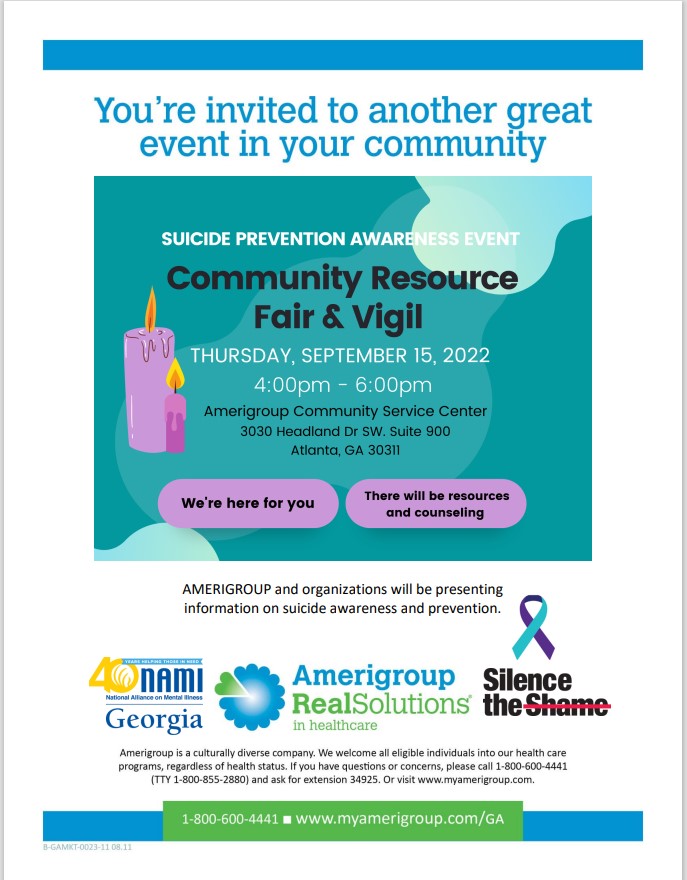
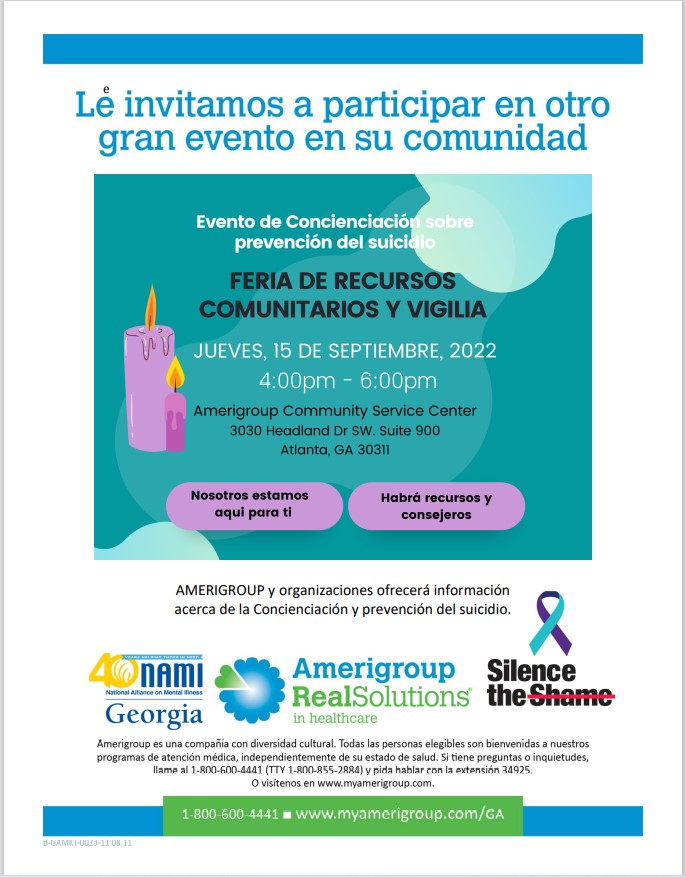
Child Welfare Training Collaborative Advisory Council Notes – August 9, 2022
Council members shared the following resources and ask that you please share with the communities you work with as well.
Council members shared the following resources and ask that you please share with the communities you work with as well.
1. Chanda Floyd-Bryant with Amerigroup asked that the following information be shared with the CWTC Advisory members Amerigroup docs. The documents contain flyers you can share about upcoming community events that address suicide awareness and prevention. If you work with youth who may be interested in showcasing their talent during the Sound the Alarm Talent Showcase, please have them contact Kris Favers @Favers, Kris M. Have them include their name, talent and contact information. The deadline to register is Sept. 1st.
A. Find Help Georgia-Whether it’s financial assistance, food pantries, medical care, childcare, job training, and other free or reduced-cost services specific to your area, essential resources can be found here. If you want to learn more visit the website https://findhelpga.org/ or contact Jennifer at jstein@gsu.edu.
B. Prevent Child Abuse Georgia also has important information about the Child Abuse Neglect and Prevention plan on their site. Regions in Georgia can become part of a group to help address prevention in their communities. Here is the link to find out more information. https://abuse.publichealth.gsu.edu/canpp/.
C. Prevent Child Abuse Georgia is hosting their conference September 14-15. Visit this site to view the conference agenda. https://abuse.publichealth.gsu.edu/ga-conference-on-child-abuse-neglect/.
D. Information on facilitator training for the new Community Café! This free training includes conversation card decks to focus a series of conversations with parents of youth and their children. We still have about 20 slots available for the 8/17 or 8/25 training dates. To learn more: https://us8.campaign-archive.com/?u=4d7b0e426447c8905f4fe987c&id=89f6d6c453
E. A book club opportunity to meet and discuss Dr. Dana Suskind’s book Parent Nation https://abuse.publichealth.gsu.edu/2021/09/13/georgia-reads-book-club/.
2. I also shared was a gun safety resource that is a 20-minute training that is great for any adult to know. You can visit this site to find out more information and to bring this training to your community. https://besmartforkids.org/.
Attend Empowerment & FaithTree: Region 11 Fun & Learn August 27th 10am
Register and Join us for the 2022 Amerigroup Resource Summit: Promoting Healthy Outcomes!
Georgia Reads presents Parent Nation
